(Note: This story appears in the November 2022 issue of ED Magazine)
Multi-unit club owner Gene DuPont’s life was forever altered when a coin flip dictated he would move to Orlando and subsequently invest in an adult nightclub.
Fresh out of college with a little money he’d saved, 23-year-old Gene DuPont was debating what to do with his life and where to do it. DuPont flipped a coin to decide between San Francisco and Orlando. Tails it was, and he moved to central Florida and the land of Mickey Mouse.
DuPont wasn’t interested in investing in an adult nightclub; instead, he was considering car washes. But a business partner coaxed him to buy Dancers Royale, a local adult club. Unfortunately, he and his partner parted company the first year, and he went $770,000-plus in debt for Dancers.
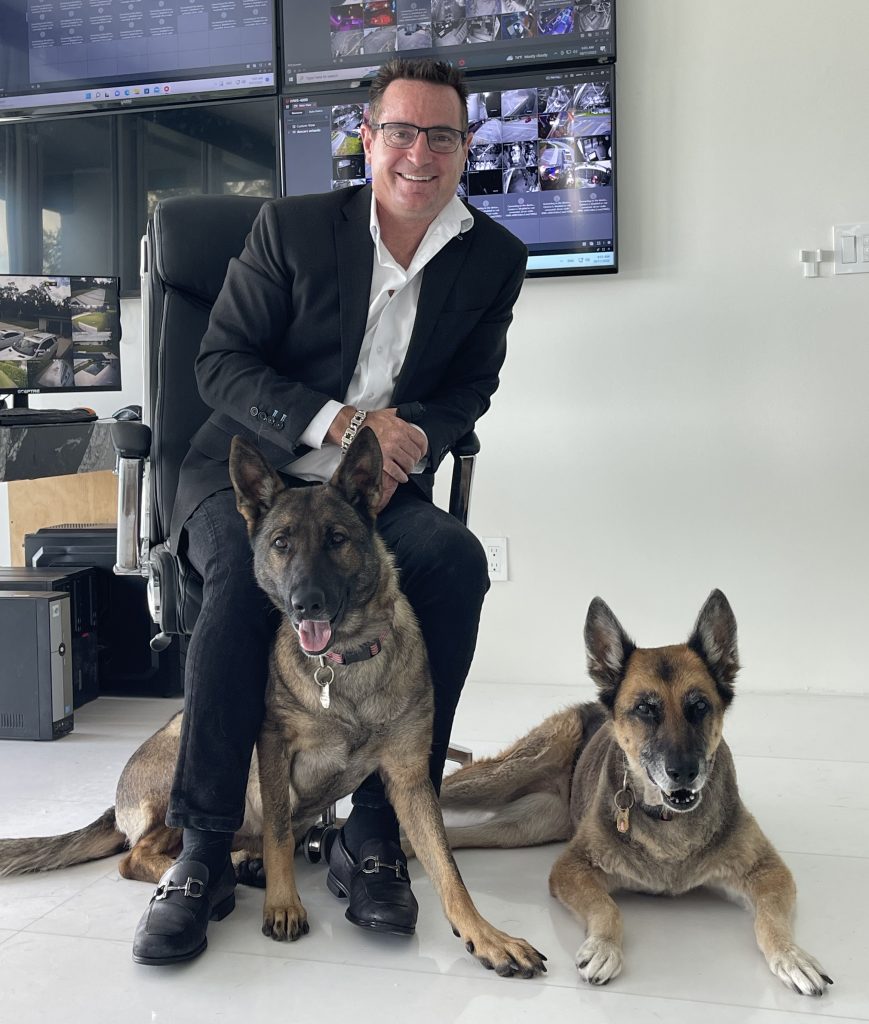
“Looking back, I believe it takes the right type of operator with the proper motivations to succeed,” says DuPont. “My biggest advantage at the start was that I didn’t drink, which forced me to treat it like a business. If you’re in business to play around or believe the liquor business is easy, it will end very painfully.”
ED Legal Correspondent Larry Kaplan spoke with ORA club chain owner Gene DuPont about staying ahead of the curve with stiff competition for 30-plus years of club ownership through innovative fun experiences for your customers, honest leadership for your team, working, not playing at your clubs and what it takes to succeed in this industry.
ED: In your three decades of experience in this industry, what are your keys to success? How does your management staff fit into this strategy for success?
DUPONT: Even with the right attitude, if you don’t understand the business’s inner workings, you’ll get ripped off by management and staff. Luckily, I didn’t participate in the stupidity operators often get trapped in. I could have easily lost everything if not for my manager Sammy Brunel and bartender Tammy Purvis, who were honest, and, frankly, could have robbed me blind. Instead, those fantastic people protected me for 25-plus years.
Adult (clubs) is one of the most challenging businesses. To succeed, you must determine who you are as an individual and whether this business is a good fit. You’ve got fixed products, like merchandise and beer, and variable products, like liquor. Your staff has access to liquor, which impairs judgment. Your customer base isn’t sober, which impairs their judgment. You’re relying on typically younger to middle-aged managers who’re constantly around females; just working with entertainers is an art form. Managers can’t have drug or drinking habits or sit with the staff, and there’s considerable cash, which dictates honesty. The entertainers are 18-26, crazy, and come with their own set of managerial challenges. A good manager needs high levels of honesty, patience, tolerance, forgiveness, and understanding.
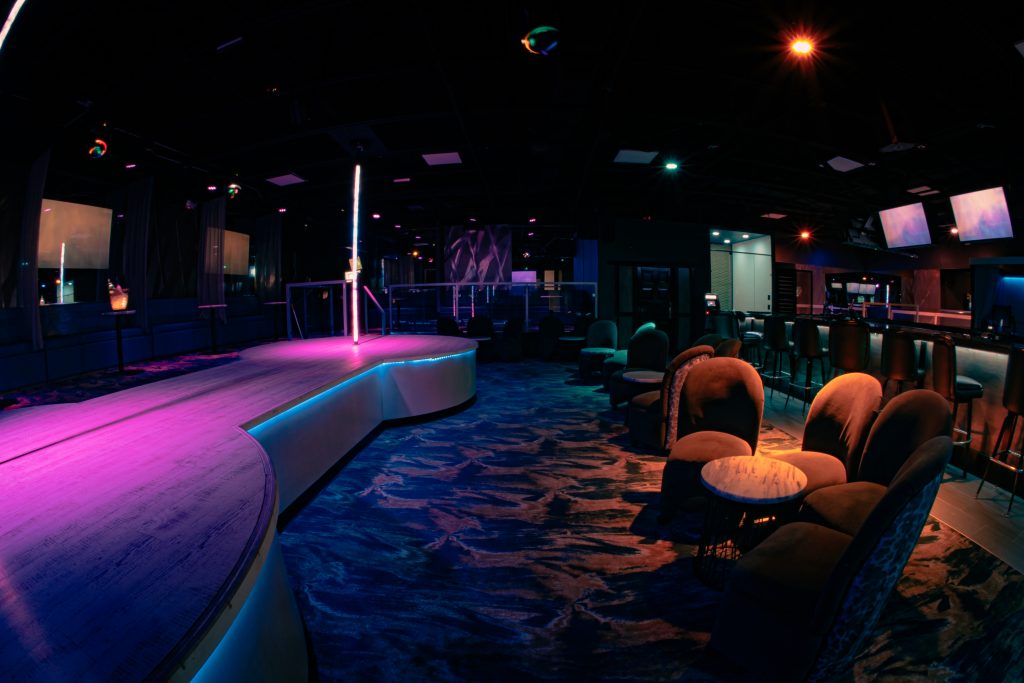
ED: How have you seen the industry evolve over the past 20 or even 30 years?
DUPONT: Michael Peter and Jim Veigle, both trailblazers, brought high-end clubs to Orlando in the early ‘90s, which changed the industry for about 10 years. In the early ‘90s, I was always the underdog, competing for business against the original Rachel’s and Thee Dollhouse, which both started in Orlando. I made my club a regular nightclub with girls, not a strip club back then, long before adult clubs started having a club feel by focusing on sound, light, and music quality. Dancers Royale Orlando, which won the ED Award for Best Club in the South, is under 2,000 square feet in a rough Spanish neighborhood with no parking. And yet, today, Dancers just kicks these other clubs’ asses. So I think it’s definitely evolved.
My philosophy is that customers must have a good experience from the moment they enter the parking lot. My clubs are fun, not sterile. You want to chase high-end customers as Rachel’s does, but as one of my great early influencers, Porter Freeman, said, ‘a party makes a party.’ The guy with a beer is just as important as the guy in the Ferrari.
Adult clubs have been fun for the average customer and, recently, for couples. My clubs were always fun for couples, and ladies never felt awkward. Ladies don’t want to see creepy stuff. We don’t go nude on stage at ORA, though everybody else does and we could. Regarding making my clubs fun, I owe a lot to Dennis DeGori of E11EVEN; he’s an industry leader and an intelligent, fantastic, nice guy.
ED: In this era of social media and a dramatically different workforce, how have you and your clubs evolved to keep up?
DUPONT: In the early ‘90s to early 2000s, adult clubs were the only game in town and could run fast and loose without good management. This was before sports bars, OnlyFans, and the porn glut. The evolution was natural for me because I was very young when it started. As time progressed, the other clubs struggled because they didn’t understand how companies like OnlyFans impacted the adult business. You always want to keep your top entertainers, but I’ve lost top girls, who can make $30,000 monthly to OnlyFans, so they don’t stay. I understand how technology affects the world and how the political atmosphere is affecting the shortage of workers today, as nobody wants to work. I’ve had to evolve to work twice as hard to make less money.
“I believe it takes the right type of operator with the proper motivations to succeed. My biggest advantage at the start was that I didn’t drink, which forced me to treat it like a business. If you’re in business to play around or believe the liquor business is easy, it will end very painfully.” — Gene DuPont
ED: As you said, it was a different game in the ‘90s. If you had cold beer and tits, it was hard not to make tons of money, no matter how poor an operator you were.
DUPONT: Exactly. Operators must be far more on-point these days, or they’ll just get eaten. You don’t do five big things to make a successful club; it requires 1,000 small things. That’s why competitors couldn’t follow me at Dancers Orlando back then. They just modeled my bottle promotions to draw customers, but without the 1,000 other small things we do, the customer doesn’t have that same experience.
It’s making the mood. If you fill a club with cool staff, customers are cool. If you fill it with snotty, shallow big-boob entertainers that are just there to make money; the guests won’t have a good time. And with 100 girls like that, it’s a nightmare for the guests.
ED: Are there other north stars you utilize?
DUPONT: My mantra is ‘solve a problem and make everybody happy.’ You don’t always succeed, but you strive for that. For example, suppose a bottle spills, and the customer is angry. You buy him another bottle, shake his hand and do a shot with him. You’ve solved the problem and made him happy — people before money.
ED: Talk about the purchase of the former Double D’s (aka The Manor) in West Palm Beach. It’s a substantial club property in an upscale area.
DUPONT: I loved the bar from the first time I saw it. I didn’t have to change anything with the building’s bones, but it needed considerable design work. The building is 20,000 square feet, but the room is smaller, and that’s good. You can do a lot with a well-run small room.
A few prominent players passed on this club, but I’m used to being the underdog, competing against excellent operators at Monroe’s, Rachel’s, and Spearmint Rhino.
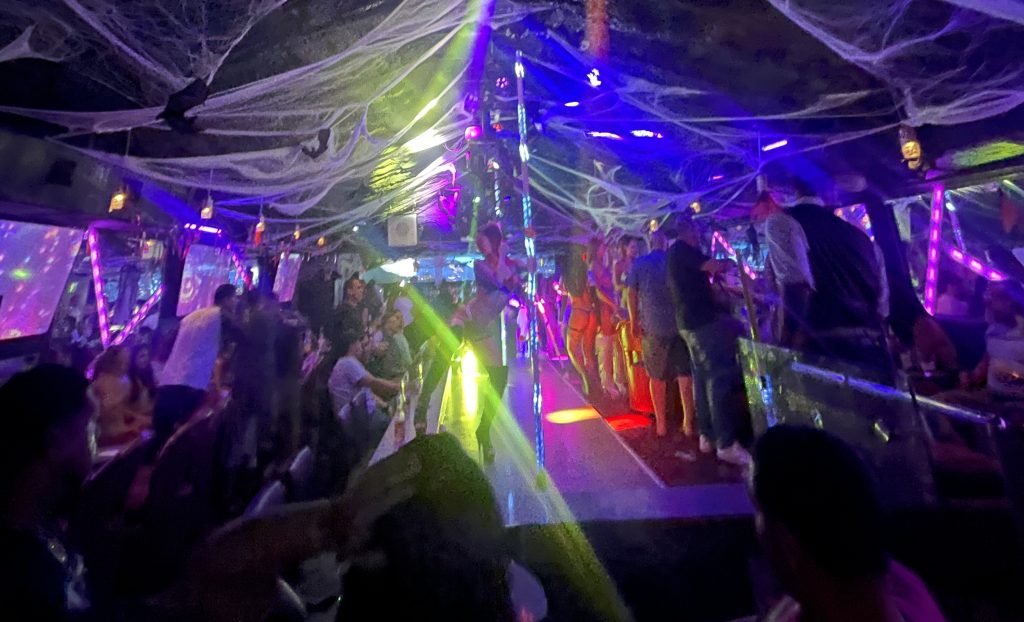
ED: Did ORA present any unique challenges?
DUPONT: I hadn’t opened a club from scratch in a while and didn’t realize how much energy goes into a semi-South Florida club with a 5 am closing, which presents unique challenges. There are no shortcuts to building a Monday 8 pm, 50-person crowd of regulars without a couple of years of pain. Going from zero customers to 1,000 regulars just takes time. Stay positive, support your staff and hold the line. Many of our competitors have made adjustments, Monroe’s did a minor redesign and changed their music format, and Rachel’s West Palm is in the process of redesigning.
ED: Aside from excellent customer service, beautiful entertainers, inviting atmosphere, what’s the common denominator which distinguishes your clubs from the other clubs in your markets?
DUPONT: Honest, open, stable leadership and teamwork that our people can willingly get behind. And stability; if our people know they’ll have job security and support of management despite occasionally messing up, they can thrive peacefully. If your staff is happy and enjoying themselves, even the grumpiest customers laugh and come back.
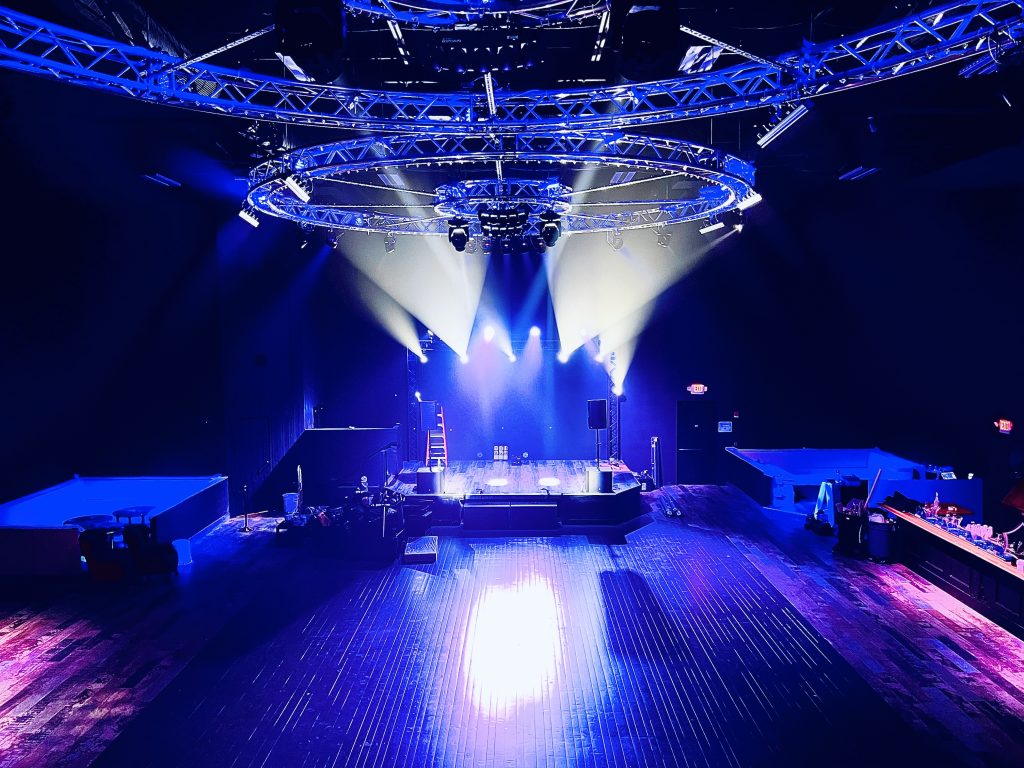
ED: Operations director Mike Ricks noted that a great lesson learned from you was how to mold people and help them turn themselves around when they make mistakes.
DUPONT: At Dancers, my DJs Rico Costa and Brian Dillaman have been there for 30 years. My GM, Kevin Uskey, 19 years. Manager Alexis Schimansky, 12 years; Todd Davis, 15 years, manager Regan Heslip, 13 years. They’re all amazing people, but most have done things dumb enough to be fired. But how far would firing them have set me back? When that customer comes in after six months, and he recognizes five people; that’s amazing. If a 10-year customer walks in and doesn’t recognize anybody, that’s now a new customer with a good chance of losing them.
My philosophy is that customers must have a good experience from the moment they enter the parking lot. My clubs are fun, not sterile. You want to chase high-end customers as Rachel’s does, but as one of my great early influencers, Porter Freeman, said, ‘A party makes a party.’ The guy with a beer is just as important as the guy in the Ferrari. — Gene DuPont
ED: You’ve been in the business for 30-plus years. When Dancers Royale won Club of the Year South, this was your first ED award. How did that feel to win?
DUPONT: I’ve never looked for or paid attention to awards; they don’t change how I operate. Honestly, there are numerous things that I can do better. But it was nice for my existing staff to see a Central Florida club get an award. People who’ve put in 10-plus years now have something to talk about, something they can be proud of. I think that gratification is essential for the staff and customers. It was a big deal for the staff and entertainers to attend; a lot of fun.
ED: In April 2020, Dancers Orlando suffered an arson fire that totaled the club and was caught on video. How has that changed Dancers, and did they ever catch the arsonist?
DUPONT: Oddly enough, the arsonist first unsuccessfully tried burning Diamond Club down that day. He drilled a bottle pour-spout-sized hole, then dumped an accelerant-filled bottle upside down and ignited it. The fire did extensive damage, and it was a considerable setback emotionally for me. But, in a sense, I was lucky. Without windows, there wasn’t much oxygen. It burned out everything inside, but my DVR survived. I pulled it out, put it in the back of the fire truck, plugged in a friend’s monitor, and showed the arson investigator, who remarked, ‘that’s the guy.’ Sadly, they never caught him.
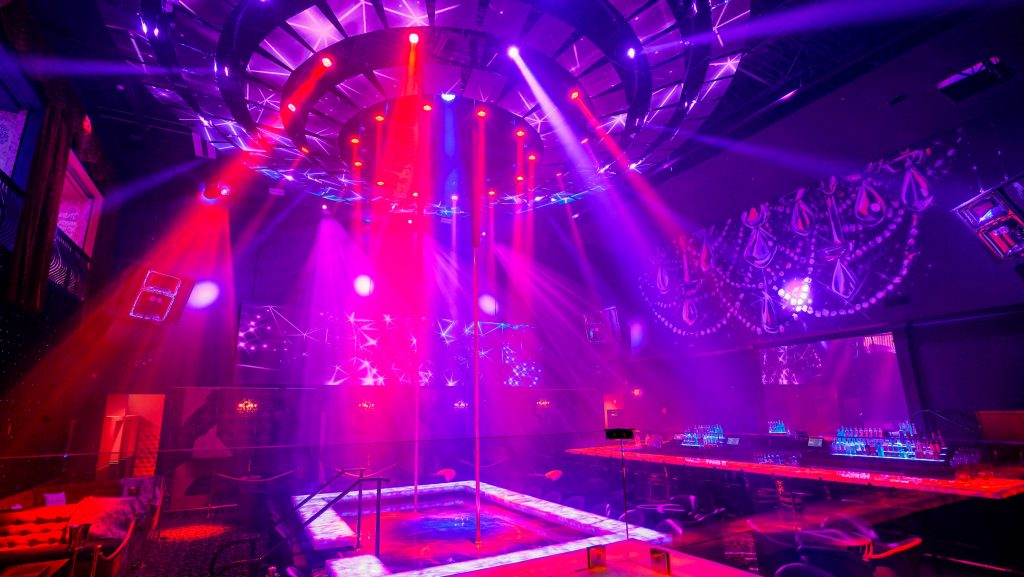
ED: Since the walls remained intact, did the fire change the club?
DUPONT: You can’t change a non-conforming-use club’s footprint, so I couldn’t change much; it was just another massive headache. I’d just renovated. I just had to do everything over. I view it as a mental test to see if you can get through it. Dancers was way too valuable to walk away from.
Larry Kaplan has for 22 years been the Legal Correspondent for ED Publications. In addition, Mr. Kaplan is a business broker in the sale and purchase of adult nightclubs and adult retail stores and the Executive Director of the ACE of Michigan adult nightclub state trade association. Contact Larry Kaplan: at 313-815-3311 or email larry@kaplanclubsales.com.





























